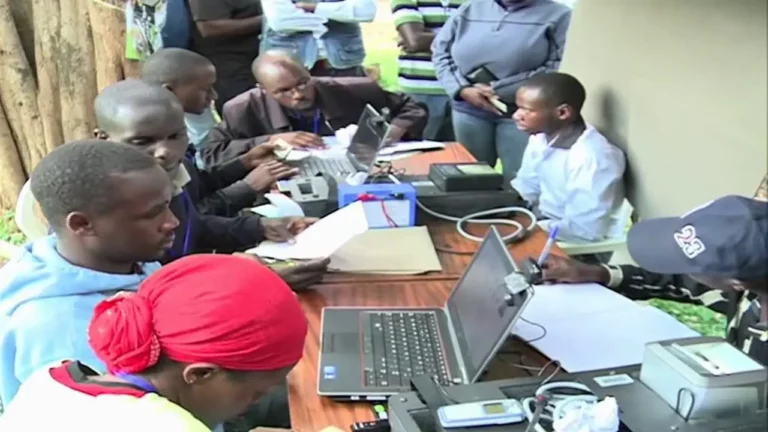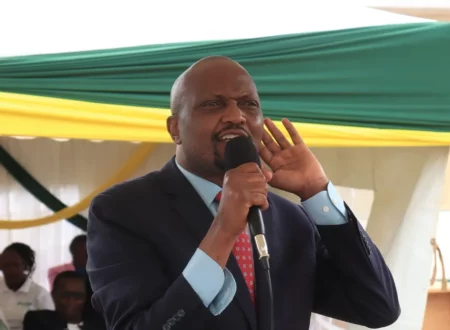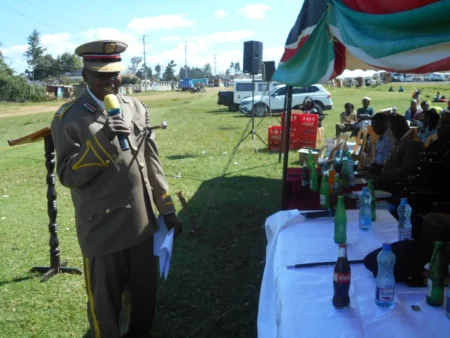As Kenya’s Continuous Voter Registration (CVR) exercise enters its third week, Kiambu County has registered 1,203 new voters, placing it third nationally but far short of expectations in a region known for its political clout. With over 1.27 million registered voters from the 2022 elections, local leaders and residents are voicing frustration over low turnout, blaming the centralized registration process that limits access for rural communities.
The Independent Electoral and Boundaries Commission (IEBC) launched the CVR on September 29, aiming to add 6.3 million new voters nationwide ahead of the 2027 General Election. As of October 8 – the latest available IEBC data – only 20,754 Kenyans had registered countrywide, with Nairobi leading at 4,804, followed by Mombasa (1,379) and Kiambu. Kiambu’s figures represent about 5.8% of the national total, a respectable showing but one that masks deeper issues.
This claim, though slightly lower than IEBC’s official tally, underscores a common grievance: the process feels inaccessible. Kiambu, a densely populated county with urban hubs like Thika and Ruiru alongside rural areas in Gatundu and Juja, has historically been a voter powerhouse, second only to Nairobi in 2022. Yet, youth apathy – particularly among Gen Z, the primary target demographic – is stalling progress.
Nationally, young people are “missing in action,” according to reports, with low engagement attributed to distrust in institutions and logistical barriers. In Kiambu, this is compounded by travel distances; residents in remote villages must journey 10-20 kilometers to offices, deterring many without reliable transport.
Local politicians have weighed in. Murang’a Senator Joe Nyutu, whose constituency borders Kiambu, called for a Senate probe into delays in ID issuance, warning that backlogs could lock out thousands. President William Ruto’s recent waiver of ID replacement fees aims to boost numbers, but critics argue it’s insufficient without broader outreach.
Comparisons with other regions paint a mixed picture. While Kiambu outperforms areas like Nyamira (just 18 new voters) and Lamu (36), it trails urban centers like Nairobi. Mount Kenya as a bloc has registered 4,106 new voters, but Kiambu’s share highlights uneven distribution. Social media buzz reflects regional rivalries, with one user noting Kiambu’s numbers nearly match entire regions like Luo Nyanza (1,320 combined).
IEBC officials urge patience, explaining that the exercise is currently limited to the 290 constituency offices nationwide, including Kiambu’s 12 locations – excluding 24 areas preparing for November 27 by-elections. Services include new voter registration, transfers, corrections, and updates, with optional iris scans for enhanced security. Voters can even register remotely for their home polling station – a Mombasa resident could sign up for a Kiambu vote.
As the exercise presses on, community leaders in Kiambu are mobilizing. “Gen Zs, wake up!” one online post implored, amid fears that low registration could dilute the county’s influence in 2027. With elections looming, the message is clear: every vote counts, but first, every eligible citizen must register.













